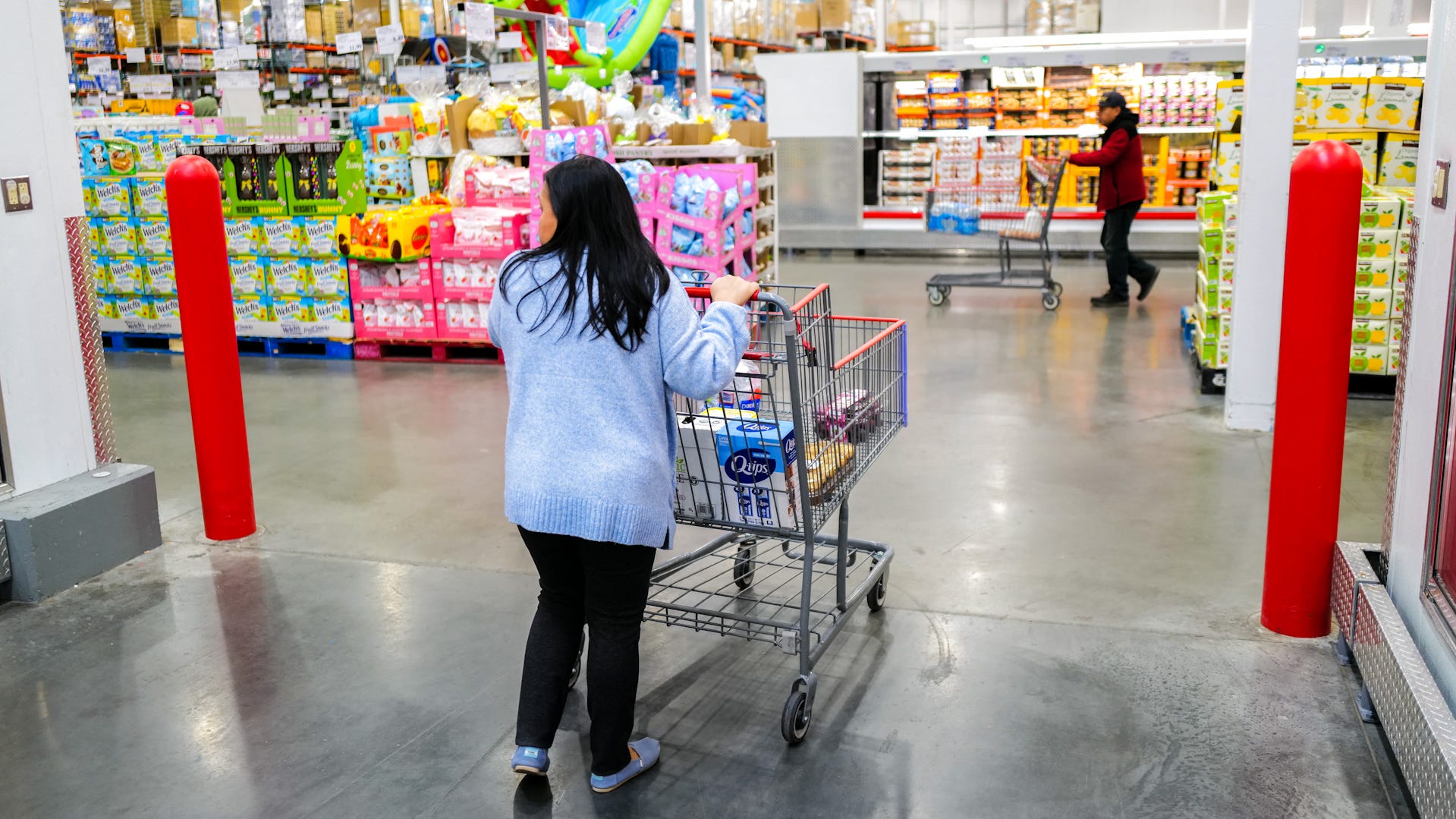Coffee is one of the most popular drinks in the US. Tariffs could make it more expensive

Your morning cup of joe could get pricier as a result of the tariff wars.
President Donald Trump's on-again, off-again tariff orders have shaken the stock market, prompted fears of a recession and left many wondering how prices of everyday items could be impacted.
Coffee is one of the most popular drinks among Americans, and a change in price usually doesn't push down demand for the energizing beverage, though it could change how people drink it. (For example, rising prices could make consumers skip the cafe and make coffee at home.)
What's more, very little coffee is grown in the United States due to the climate the plant needs, so much of it could be subject to universal tariffs. Here is what to know about how the latest tariff orders could be impacting coffee.
99% of US coffee is imported for majority of Americans
Coffee is America's most popular beverage after bottled water, with more than 70% of American adults drinking it weekly, and 63% drinking it daily, according to the National Coffee Association.
Coffee grows in tropical climates, so only Hawaii and Puerto Rico can produce the bean within the U.S. That means more than 99% of the coffee Americans consume is imported, according to the NCA.
According to a December 2024 U.S. Department of Agriculture report, the U.S's top suppliers are:
- Brazil (32%)
- Colombia (20%)
- Vietnam (8%)
- Honduras (7%)
Imports from these countries are all still subject to a 10% baseline tariff, even after the 90-day pause announcement. Vietnam was previously tagged with a 46% reciprocal tariff, which has been paused as of Wednesday afternoon.
Most coffee is imported as green beans but processed in the U.S. According to the NCA, every $1 in coffee imports generates $43 of value in the U.S. economy.
Bad weather already driving down supply, tariffs to exacerbate price increase
Brazil makes more of the Arabica variety of coffee, while Vietnam leads in robusta, often used for espresso and instant coffee, Bloomberg reported.
Bad weather has led to low harvest forecasts for Arabica, and Brazil coffee officials have seen an opportunity to boost robusta production, in the face of a steep tariff on Vietnamese goods, according to Reuters.
"The tariffs will likely add to coffee market volatility and could exacerbate existing supply tightness," Priyanka Sachdeva, senior market analyst at brokerage Phillip Nova Pte. in Singapore, told Bloomberg before the 90-day pause. "U.S. coffee prices could rise, especially for robusta-based products."
Kinsey Crowley is a trending news reporter at Paste BN. Reach her at kcrowley@gannett.com. Follow her on X and TikTok @kinseycrowley or Bluesky at @kinseycrowley.bsky.social.